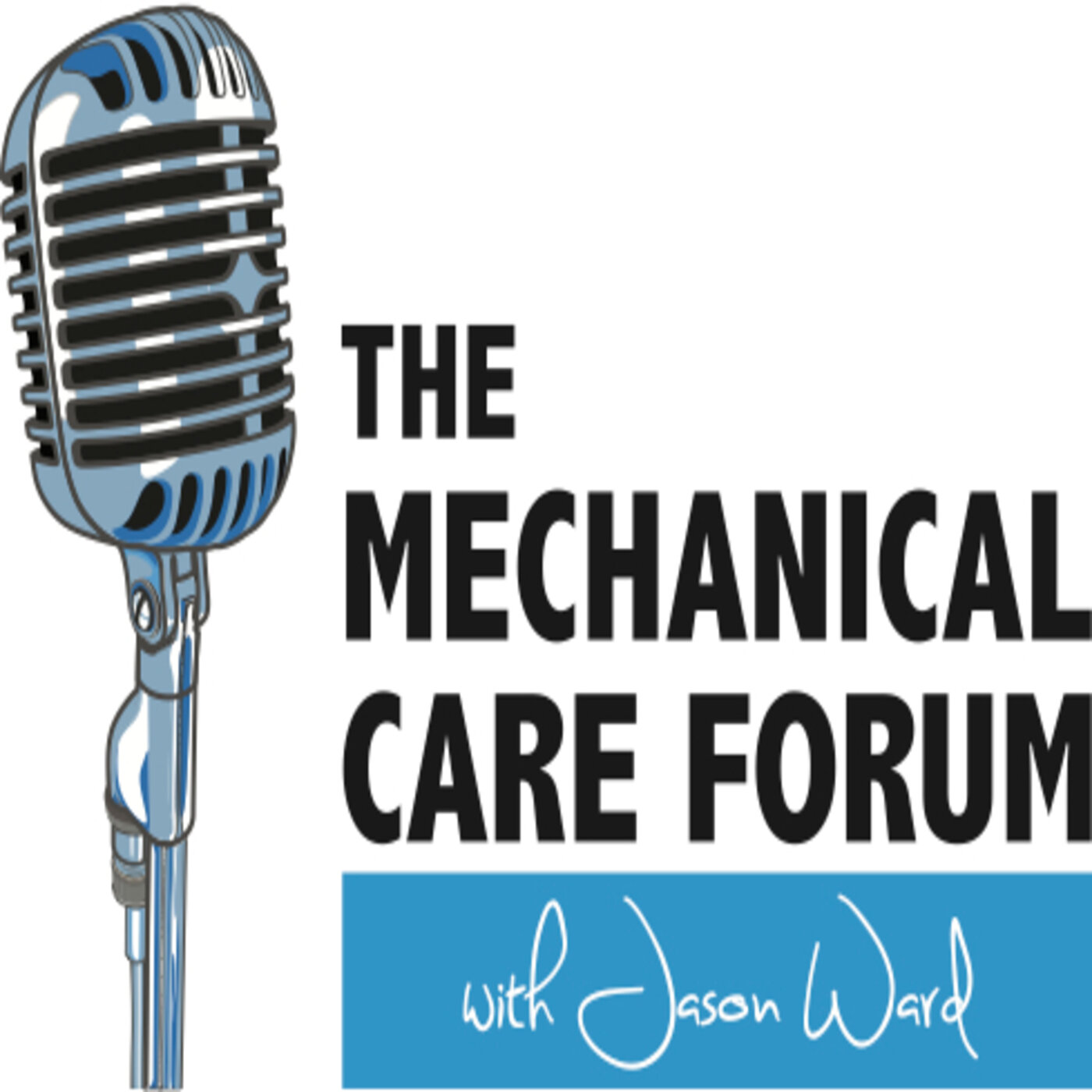Gary Jacob
USA | DC, LAc, MPH
SHOW NOTES
Additional Strengths
Gary believes those trained in Mechanical Diagnosis & Therapy most importantly offer ethics and logic. Exploring what someone can do for themselves rather than doing it for them is of great importance and most ethical. It’s a logical thing to do – it just makes sense.
Gary recommends the book Wellness and Physical Therapy encouraging us that their are plenty of ways therapists can run their practice and identify streams of income that are wanted and needed without compromising patient-empowerment principles and resorting to traditional patterns.
To offset the efficiency and the resultant strain on a patient visit volume Gary encourages marketing efforts to the industrial medicine market and to the general public.
A Memorable Patient
Gary reflects on the story he mentioned in part 1 of his interview, last episode, of the patient that failed to improve with his traditional care over several visits and then rapidly improved after a Rheumatologist’s examination and what he learned from that experience.
A Patient Analogy
Gary uses the cut knuckle analogy adding a mark on his finger with a red pen to further the impact. He also explains “it’s as if you have a cut in your back.”
When patients have a difficulty in appreciating their poor posture he assists them to maintain standing trunk posture and then has them sit down and the opposite, keeping them slouched and having try to stand with the same posture will help them understand the difference.
Best Advice
An old chiropractor told Gary, “Son, just hit them in the ass with a shovel.” At first Gary thought ‘What a jerk! You’ve got be precise, etc. Many years late he appreciated that that chiro may have been right because of two things: 1) Movement is better than rest. 2) many times you’ve got to just get ‘em going.
“Gary, don’t forget, half your patients are crazy, the other half are half crazy.”
The greatest thing we can bring to patients is appropriate knowledge, appropriate attitude and beliefs and then the appropriate performance.
In public health they talk about the KA-P Gap
Gary says, “You can have the appropriate knowledge and the appropriate attitude but how do you get the appropriate performance? The beauty of MDT is, we do that in one visit.”
For MDT people, what’s in a patient’s head is the crown jewel. So it’s really important that we understand how to behave inside that head.
What He’s Doing Different Now
It’s communication skills.
Ten years ago he would have discharged a patient and called them crazy, now he thinks they’re interesting and he understand it’s not their fault.
An excellent read Gary recommends, Motivational Interviewing in Healthcare and he suggests it would improve your communication skills. You can find that here.
Recommended Resources
The REPEX table is a valuable resource to Gary. Use it to help to determine diagnosis and secondly for education purposes if the patient hasn’t been persuaded that more reps can help as much as it can.
Every MDT practitioner should join their nations public health society. He also proposes to get involved in the society of behavioral medicine.
Studies that Affect Clinical Practice
Gary points out that it is rare that clinicians will change their practice because of studies done. Studies on psychosocial topics and nutrition have been some of the more interesting studies he’s read. Vitamin D deficiency studies and how that affects musculoskeletal health.
The Mark Laslett studies on facet and sacroiliac joint have actually affected his practice patterns. Find the full studies here and here.
A great introduction to influencing health behaviors is at its root, public health. Gary recommends Theory at a Glance for further learning.
For example, when educating a patient to change their behavior you must ask yourself a few questions:
Do they have the knowledge? If so,
Do they have a plan to address that knowledge of a change that needs to occur? If so,
Have they executed that plan? If so,
Have they discontinued that execution?
Depending on what phase our patients are in dictates how we go about leading them to change.
Personal Habit
Gary believes his persistence in trying to continue to learn and critically think. Continuing to read including reading in the humanities – to understand what it means to be human.
To reach Dr. Jacob you can find him at gary.jacob@verizon.net
We hope to deliver this content to the committed professional who wants to improve his/her care and we hope to do it in a way that is easily accessible, the world over, in today's technological age.
To contribute:
Give a 5-star review on iTunes;
Share EP #33 with a friend; and/or
Connect with us on the Spotify MCF Podcast and MCF Instagram page!
Thanks for your support!

